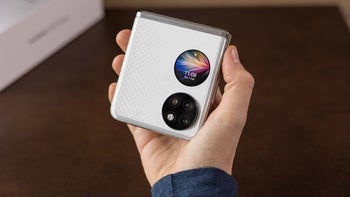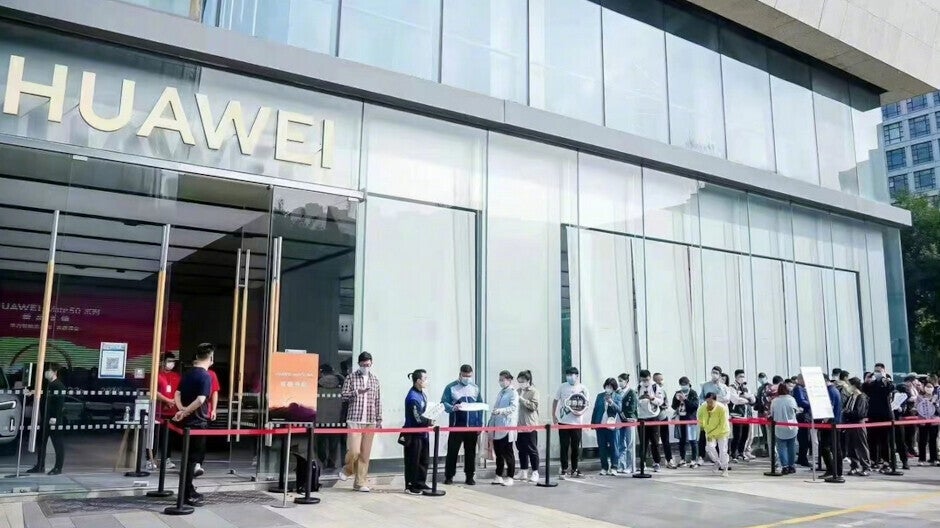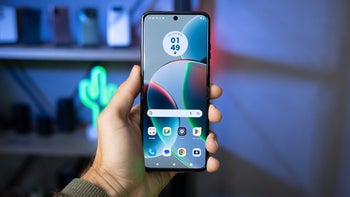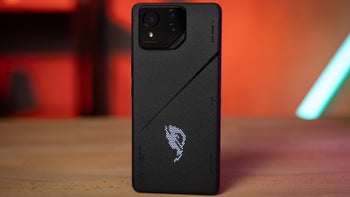How Huawei plans to work around the U.S. chip ban

In 2020, the U.S. made a change to an export rule to prevent foundries that use U.S. technology to manufacture chips from shipping cutting-edge semiconductors to Huawei. At the time, Huawei was the second largest customer of TSMC, the world's leading foundry, behind only Apple. This, and the restrictions placed on Huawei by the U.S. the previous year, helped to make life extremely difficult for the Chinese manufacturer considered a security threat in the U.S.
To say that Huawei just rolled over and played dead would be incorrect. Actually, the company found the fortitude to dig deep within and develop its own HarmonyOS operating system, now on version 3.0. And it has been able to source fast, energy-efficient 4nm Snapdragon 8+ Gen 1 chips although they are tweaked to prevent use with 5G networks. No more Google Mobile Services? Huawei Mobile Services took over and is providing users with a great ecosystem.
Huawei, banned from obtaining cutting-edge semiconductors, looks to back a startup foundry to circumvent the ban
And the long lines and heavy demand recently seen for the Huawei Mate 50 series were proof that Huawei shouldn't be counted out. Now comes word, according to Bloomberg, that Huawei is getting behind a fledgling chip manufacturer in Shenzhen that has been able to order chip-making gear, even from foreign countries, with the intention of building a semiconductor manufacturing factory known in the trade as a "fab," short for "fabrication facility."

Long lines greet the Huawei Mate 50 series on the day the phones were released
Those in the know say that the company, Pengxinwei IC Manufacturing Co., is not only run by a former Huawei executive but will construct its factory near Huawei's headquarters based on public filings and satellite photos. Those in the know say that Huawei plans on buying as much as 100% of the foundry's output. The equipment ordered by the company to build semiconductors is supposed to arrive during the first half of next year; the company is known as PXW.
One important piece of equipment that PXW might have trouble obtaining is the EUV (Extreme Ultraviolet) lithography machine. Made only by Dutch firm ASML, these machines are roughly the size of a bus and are used to etch extremely thin circuity (much less than the width of a human hair) on a wafer which is used to help place transistors on a chip. Since there are billions of transistors inside the most powerful semiconductors (for example, Apple's A16 Bionic has nearly 16 billion transistors inside it) you can imagine how thin these designs must be.
As important as the EUV lithography machines are to the production of cutting-edge chips, the Dutch government will not allow a Chinese firm to purchase one of these $200 million behemoths. China's largest foundry, SMIC, says it has been able to produce basic 7nm chips (TSMC and Samsung Foundry are both mass-producing more powerful and energy-efficient 3nm chips) without owning an EVU lithography machine but getting below 7nm is going to be hard to do without it.
PXW is now on the radar of the U.S Commerce Department's Bureau of Industry and Security, which monitors trade restrictions. Speaking with Bloomberg News, the agency says that it is aware of PXW and the "allegations of relationships with Huawei. BIS is constantly on the lookout for efforts to evade export controls, including those related to parties on the Entity List like Huawei, and uses open-source, proprietary, and classified information to substantiate and then, when appropriate, apply our administrative or criminal law enforcement as well as regulatory tools to address violations."
While the Bloomberg report says that it isn't clear whether the chip startup's plans will violate any of the U.S. trade sanctions against Huawei, the company will have trouble sourcing all of the equipment needed to build cutting-edge chips for the manufacturer. Huawei, like Apple, designs its own chips and because it is fabless (it doesn't own a production facility) it counts on foundries to make its Kirin chips.
PXW is no threat to TSMC or Samsung, at least not now
PXW says that it hopes to start production in 2025 with 28nm chips, several generations behind the cutting-edge 2nm chips that will be produced that year by TSMC and Samsung. The lower the process node, the smaller the transistors used with a chip. The smaller the transistors, the higher the transistor count used and that is important. The higher the number of transistors found inside a semiconductor, the more powerful and energy-efficient it is. Sources indicate that PXW is looking to eventually produce 14nm and 7nm chips like SMIC.
While PXW couldn't be a threat to TSMC or Samsung Foundry right now, the U.S. is looking at placing restrictions on China's access to chip-making technology. So instead of impacting a single company like Huawei, the U.S. would rather place restrictions on the entire country.
Jake Sullivan, the National Security Advisor of the United States said last month, "We previously maintained a 'sliding scale' approach that said we need to stay only a couple of generations ahead. That is not the strategic environment we are in today. Given the foundational nature of certain technologies, such as advanced logic and memory chips, we must maintain as large of a lead as possible."













Things that are NOT allowed: